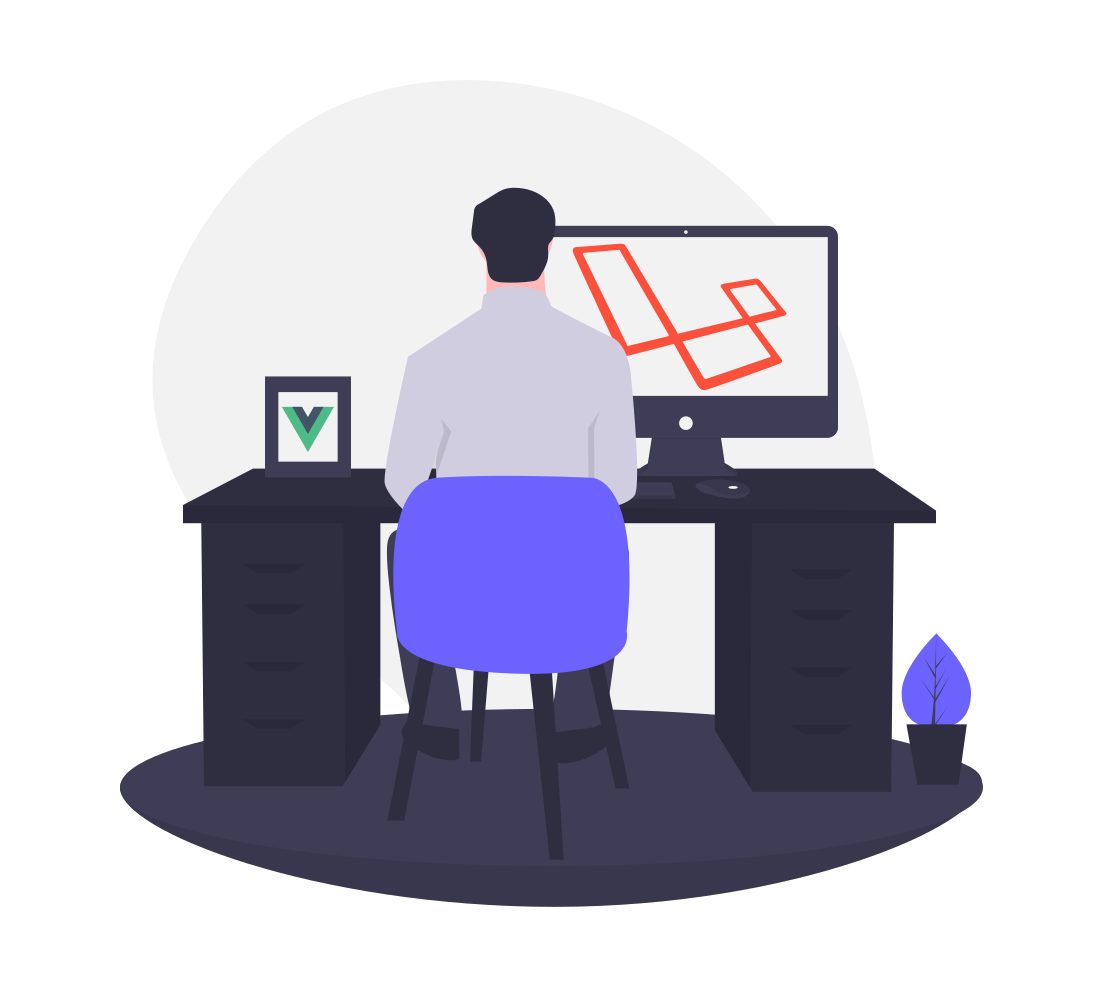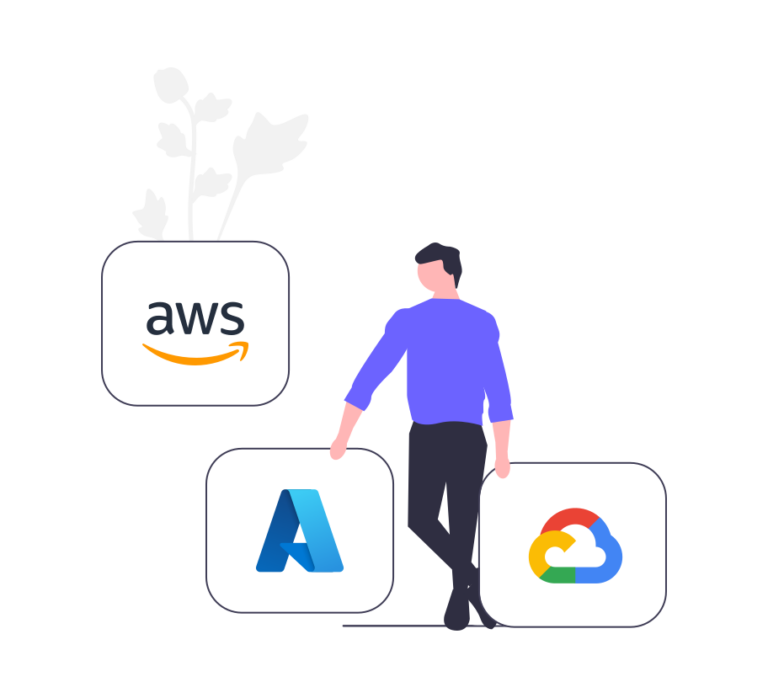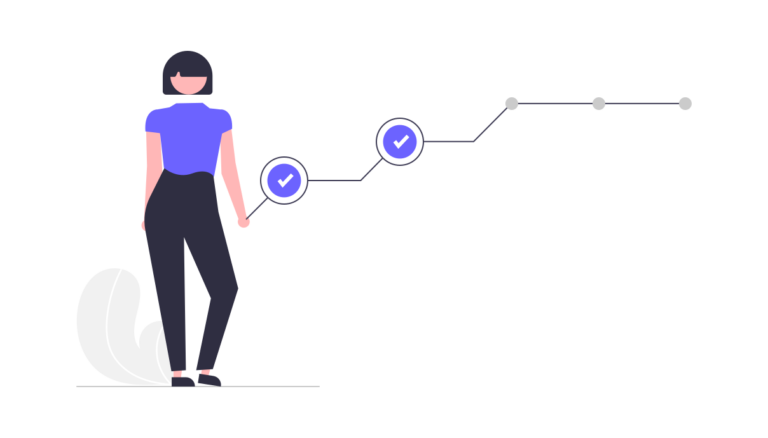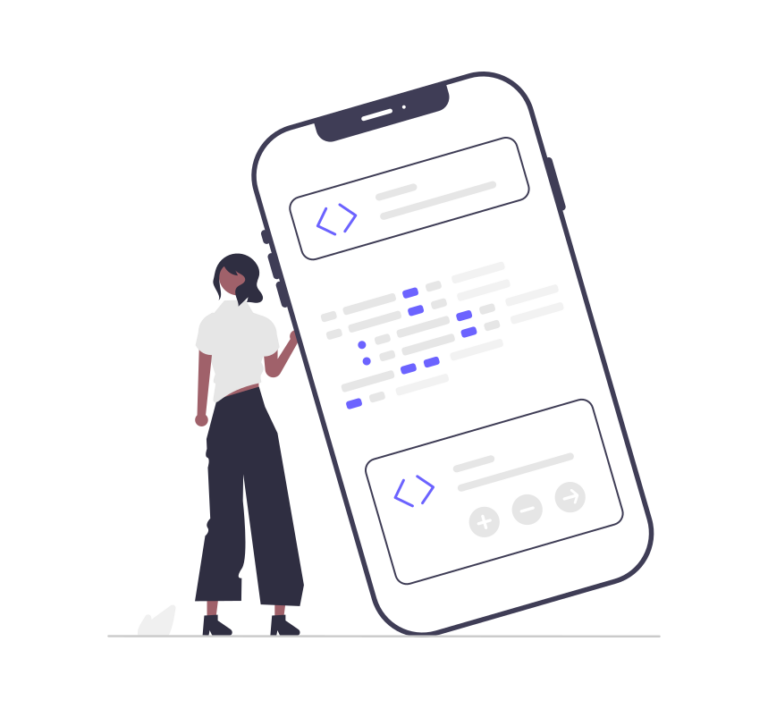
Roadmap for Full Stack .Net Developer

Contents
Introduction
Becoming a full stack .NET developer involves mastering both front-end and back-end technologies within the .NET ecosystem. This roadmap for becoming a full stack .NET developer provides a structured approach to learning the necessary skills, from foundational concepts to advanced techniques. Follow this guide to develop a strong skill set and achieve success in the field.
Start with Core .NET Skills
The journey to becoming a full stack .NET developer begins with a strong understanding of the .NET framework and essential programming concepts.
- Learn C# Basics: C# is the primary language for .NET development. Start by learning its syntax, object-oriented programming (OOP) principles, and fundamental constructs such as variables, data types, control structures, and functions. Mastering C# is crucial for any full stack .NET developer.
- Explore .NET Framework and .NET Core: Understand the differences between the .NET Framework and .NET Core (now known as .NET 5/6+). .NET Core is cross-platform and recommended for new development, while the .NET Framework is used for legacy applications. Get familiar with .NET Core for building modern applications.
- Master .NET Libraries and Tools: Familiarize yourself with essential .NET libraries and tools, such as Entity Framework for data access and LINQ for querying data. These tools are important for efficient development in the .NET ecosystem.
Develop Front-End Skills
As a full stack .NET developer, you’ll need to understand front-end technologies to create complete web applications.
- Learn HTML and CSS: Start by mastering HTML for structuring web content and CSS for styling. These are fundamental technologies for front-end development and are essential for creating user interfaces.
- Get Comfortable with JavaScript: Learn JavaScript to add interactivity to web pages. Focus on basics such as manipulating the Document Object Model (DOM), handling events, and working with asynchronous operations.
- Explore Front-End Frameworks: Familiarize yourself with front-end frameworks and libraries like Angular, React, or Vue.js. These frameworks help build responsive and dynamic user interfaces and are commonly used in conjunction with .NET for full stack development.
Master Back-End Development with .NET
The back-end is where server-side logic and data management are handled. .NET provides powerful tools for back-end development.
- Learn ASP.NET Core: ASP.NET Core is a modern, cross-platform framework for building web applications and APIs. Learn how to create web applications, manage routing, and handle requests with ASP.NET Core.
- Understand Database Management: Gain proficiency in working with databases. Learn SQL for relational databases like SQL Server or PostgreSQL, and explore NoSQL databases like MongoDB. Use Entity Framework Core for Object-Relational Mapping (ORM) to simplify data access.
- API Development: Learn to design and implement APIs using ASP.NET Core. Understand RESTful API principles and how to create APIs that enable communication between the front-end and back-end of your application.
Integrate Front-End and Back-End
Combining front-end and back-end skills is essential for developing complete applications.
- Full-Stack Integration: Learn to integrate your front-end framework with your .NET back-end. This involves connecting front-end components with back-end services and ensuring smooth data flow between them.
- Authentication and Security: Implement authentication and authorization mechanisms to secure your applications. Learn about ASP.NET Identity and OAuth for managing user authentication and protecting sensitive data.
Optimize Development Practices
Improving your development practices helps streamline your workflow and enhance productivity.
- Version Control: Master Git for version control. Learn how to manage code changes, collaborate with others, and maintain different versions of your projects. Version control is a key skill for any full stack .NET developer.
- Build Tools and Automation: Use build tools like MSBuild and automation tools to streamline your development process. Automate tasks such as code compilation and deployment to improve efficiency.
- CI/CD Practices: Understand continuous integration and continuous deployment (CI/CD) practices. Implement CI/CD pipelines to automate testing and deployment, ensuring that code changes are integrated and delivered smoothly.
Gain Practical Experience
Applying your skills through real-world projects is crucial for solidifying your knowledge.
- Work on Personal Projects: Build personal or open-source projects to apply and showcase your full stack .NET development skills. Working on real applications helps reinforce your learning and demonstrates your abilities.
- Seek Internships or Job Opportunities: Look for internships or entry-level positions to gain hands-on experience. Practical work experience is invaluable for applying your skills in a professional environment and advancing your career.
- Build a Portfolio: Create a portfolio that highlights your projects and skills. Include detailed descriptions of your work, technologies used, and links to your code repositories. A well-organized portfolio is essential for showcasing your expertise to potential employers.
Stay Updated with Industry Trends
The technology landscape is constantly evolving, so staying informed is important.
- Continuous Learning: Keep up with new trends and technologies in full stack development. Regularly read industry blogs, attend webinars, and participate in relevant forums to stay current.
- Networking: Connect with other developers and join professional communities. Networking provides valuable insights into industry trends and career opportunities.
- Embrace New Technologies: Stay curious about new tools and innovations. Being open to emerging technologies ensures that your skills remain relevant and you continue to grow as a full stack .NET developer.
Conclusion
- Master Core .NET Skills: Ensure you have a strong understanding of C#, the .NET framework, and essential libraries. This foundational knowledge is critical for both front-end and back-end development in .NET.
- Develop Front-End Expertise: Gain proficiency in HTML, CSS, JavaScript, and front-end frameworks. This will enable you to build dynamic and responsive user interfaces.
- Master Back-End Development: Focus on ASP.NET Core, database management, and API development. These skills are crucial for handling server-side logic and data management.
- Integrate Front-End and Back-End: Learn to connect your front-end with your .NET back-end, and implement security practices to protect your applications.
- Optimize Development Practices: Use version control, build tools, and CI/CD practices to improve your development workflow and productivity.
- Gain Practical Experience: Work on personal projects, seek internships, and build a strong portfolio to demonstrate your skills and experience.
- Stay Updated with Industry Trends: Continuously learn about new technologies, network with other professionals, and embrace emerging tools to stay competitive in the field.
By following this roadmap, you will be well-prepared to thrive as a full stack .NET developer. Embrace the learning journey, stay committed to your goals, and apply your skills to real-world projects for a successful career in full stack development.



